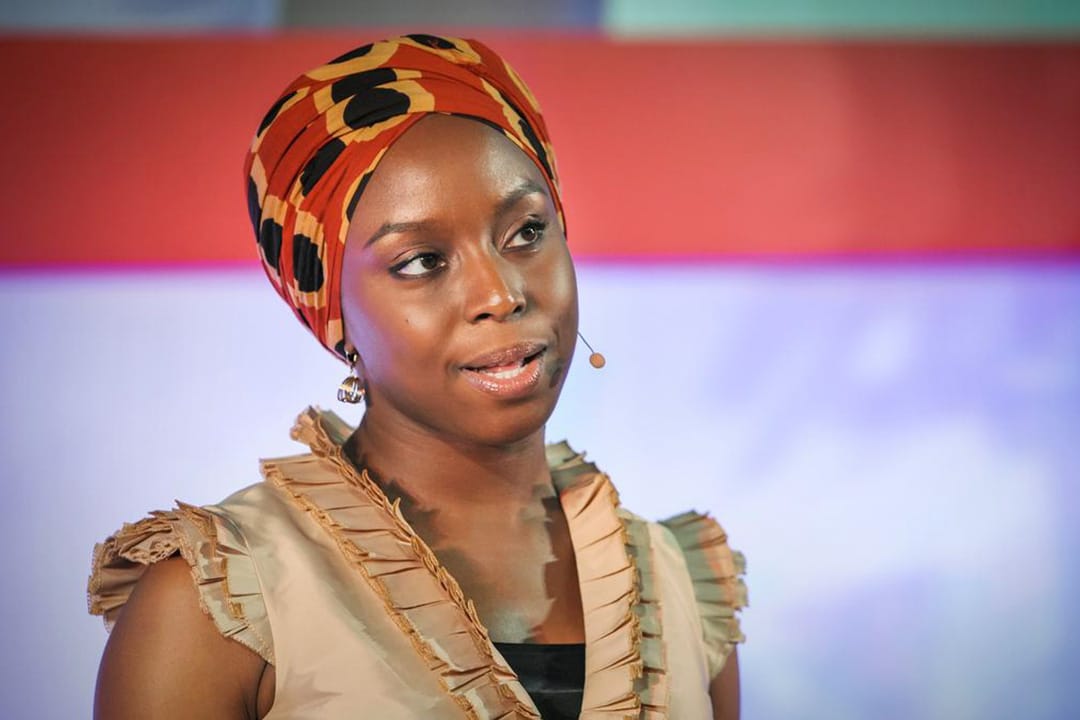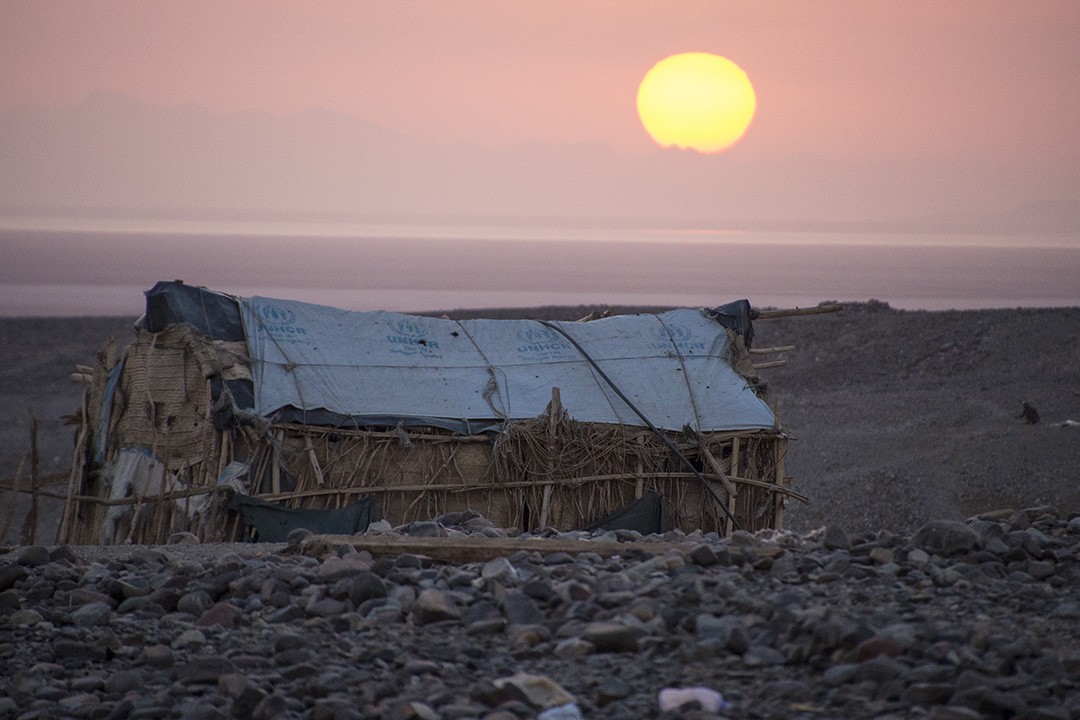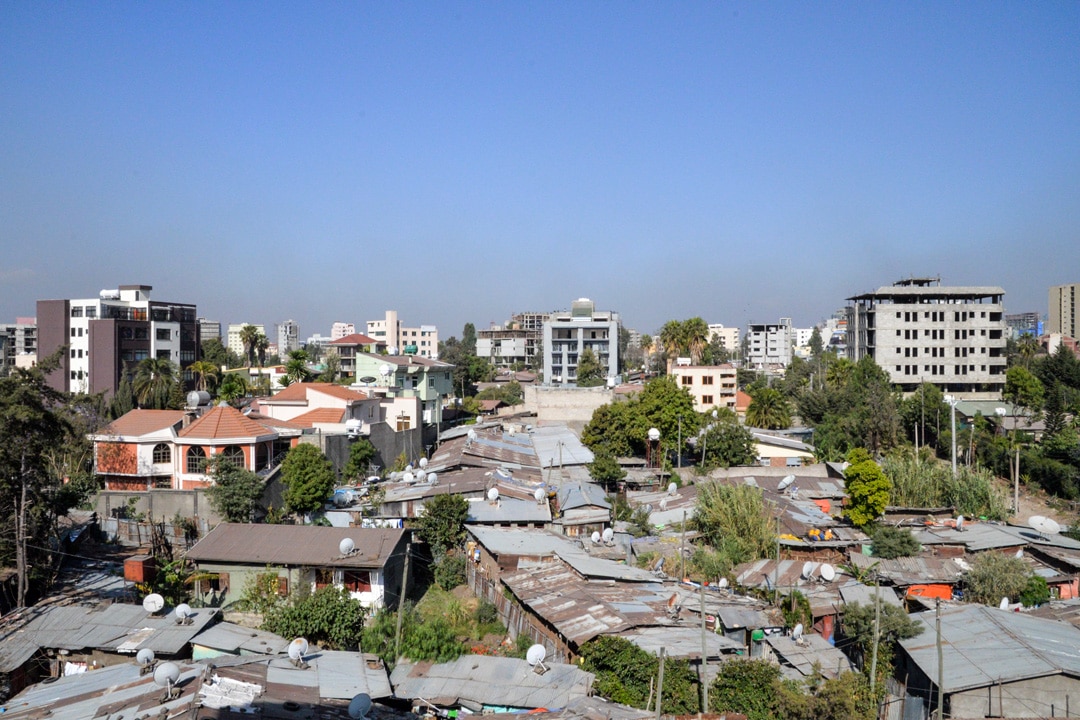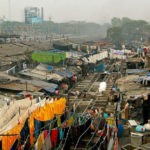“This is Africa”, or TIA, is used to shrug off a range of inconveniences, but does its casual use perpetuate harmful stereotypes?
Africa, more than any other continent, has a PR problem. Popular culture tells the west that Africa is a land of conflict and famine where progress is slow and corruption is rife. Even the ‘better’ half of Africa is riddled with cliché: the giant red sun, open savannah and fearsome tribes in native garms.
The most pervasive cliché perhaps comes wrapped in a snappy epithet: “This is Africa” or its diminutive form, TIA.
TIA is used by Africans and non-Africans alike as both a term of endearment and a sigh of resignation. It’s used to shrug off a range of inconveniences, from power cuts and roadworks to general inefficiency, infuriating bureaucracy and questionable ethics. TIA is an instruction to go with the flow, to take a chill pill, to sit down and relax because hey, this is what happens in Africa.
During our month in Ethiopia, we heard “This is Africa” numerous times in explaining power cuts, tardiness and a general low-level confusion.
We used it ourselves more than once to calm each other in times of stress (of which there were many). TIA has its uses as a calming mantra, but it’s fair to ask if the term is reductive.
Even today, Africa is widely seen as a homogenous entity. Kenyan author and journalist Binyavanga Wainaina satirises this wonderfully in his essay How to Write About Africa: “In your text, treat Africa as if it were one country. It is hot and dusty with rolling grasslands and huge herds of animals and tall, thin people who are starving. Or it is hot and steamy with very short people who eat primates. Don’t get bogged down with precise descriptions.”
There have been websites, apps and Twitter accounts dedicated to calling out pundits who treat Africa as a single country – but even Africans acknowledge that Africa as a whole has problems.
Me in Africa: why can’t we get it together what is wrong with us why are we like this
Me everywhere else: Africa is not a country goddamit it is a continent of nations completely different in colour and language be specific this reductive imperialism is the root of all our woes https://t.co/24XLc0SSth
— Nesrine Malik (@NesrineMalik) December 13, 2017
Nesrine Malik’s woes were echoed by several people on our travels, most of whom had, or were trying to, set up businesses in African countries.
Haile, a hotelier based in Gonder, Ethiopia, explained the periodic lack of electricity, hot water and wifi with a doleful smile and “This is Africa”.
Camie, a merchant based in Djibouti, told us that the Djiboutian government had recently repealed its visa-on-arrival facility for tourists. The repeal lasted for five days until angry local businessmen helped overturn it. Those five days just so happened to coincide with an international trade fair designed to strengthen the country’s economy. Camie shrugged plaintively. “This is Africa.”
TIA arguably synthesises an accepted truth. It is a calming mantra and a knowing nod to the current state of affairs, but does using it so casually perpetuate harmful stereotypes?
Yes, say several luminaries. TIA has a number of negative consequences that are worth examining.
TIA promotes negative stereotypes
Jacqueline Muna Musiitwa, Founder and Managing Partner of Hoja Law Group in Rwanda, says: “Even though I surround myself with Afro-optimists, I have never heard TIA used in a positive context. As such, it perpetuates negative stereotypes of Africa.”
‘Africa for Norway’ gently lampoons stereotypes of Africa
Lawyer and activist Rosalia Gitau agrees: “Since the Live Aid movement captured the hearts and wallets of people in the Occidental world, the sallow-faced Ethiopian child has come to emblematise Africa: exotic, needy, and victimised. But Africa is so much more than that. The continent hosts a panoply of language, cultures, skin-tones, histories, ambitions, dreams and futures.”
TIA impedes human connection
Author Chimamanda Ngozi Adichie says that lumping together all African nations impedes human connection. In her 2009 TED talk, she shares her experience of studying in the US as a teenager: “My American roommate was shocked by me. She asked where I had learned to speak English so well, and was confused when I said that Nigeria happened to have English as its official language.”

Adichie elaborates: “What struck me was this: she had felt sorry for me even before she saw me. Her default position toward me, as an African, was a kind of patronising, well-meaning pity. My roommate had a single story of Africa: a single story of catastrophe. In this single story there was no possibility of Africans being similar to her in any way, no possibility of feelings more complex than pity, no possibility of a connection as human equals.”
Adichie concludes: “Of course, Africa is a continent full of catastrophes … But there are other stories that are not about catastrophe, and it is very important, it is just as important, to talk about them.”
TIA affects the economy
TIA, or the mindset it represents, can be detrimental to the stable countries on the continent. When civil war breaks out in the DRC, it can affect tourism to countries as far away as Senegal and Swaziland.
When Ebola is found in Guinea, it can affect visitor numbers to Botswana and Namibia. The conflation of 54 distinct nations means they are unfairly connected – for better or worse.
TIA breeds apathy
Rosalia Gitau says TIA breeds apathy. On the subject of corruption, she says: “[It is] a global crime. It affects everyone, everywhere, indiscriminately. Black, white, woman, man, rich or poor – corruption is truly an equal opportunity offender.
But how is corruption so universal yet we don’t know what it is? Because we give it euphemistic expressions like, ‘that’s life’ or ‘c’est la vie’ or TIA. We take for granted that people get things done by ‘cutting some corners’, ‘greasing some palms’, or ‘looking the other way’. This social apathy, and accompanying epithets, must stop now.”
Jacqueline Muna Musiitwa agrees: “Africa is quickly changing and the notion of TIA is hampering people’s mental progress of these changes. How can you expect change to happen when you constantly repeat a vote of no confidence by expecting the worst or expressing shock when the worst does not happen?”
Revered British writer and critic A. A. Gill once said, “You either get the point of Africa or you don’t” as if the continent exists to serve a specific purpose instead of just existing. At Atlas & Boots, we found a pronounced difference between Ethiopia (very challenging) and Djibouti (very easy). We loved Mauritius but hated Morocco. Egypt was fun and so was Tunisia, and both of them were different to Kenya and Tanzania.
Perhaps the point isn’t whether you get the point of Africa or not; perhaps it’s that you get there’s not one Africa.











